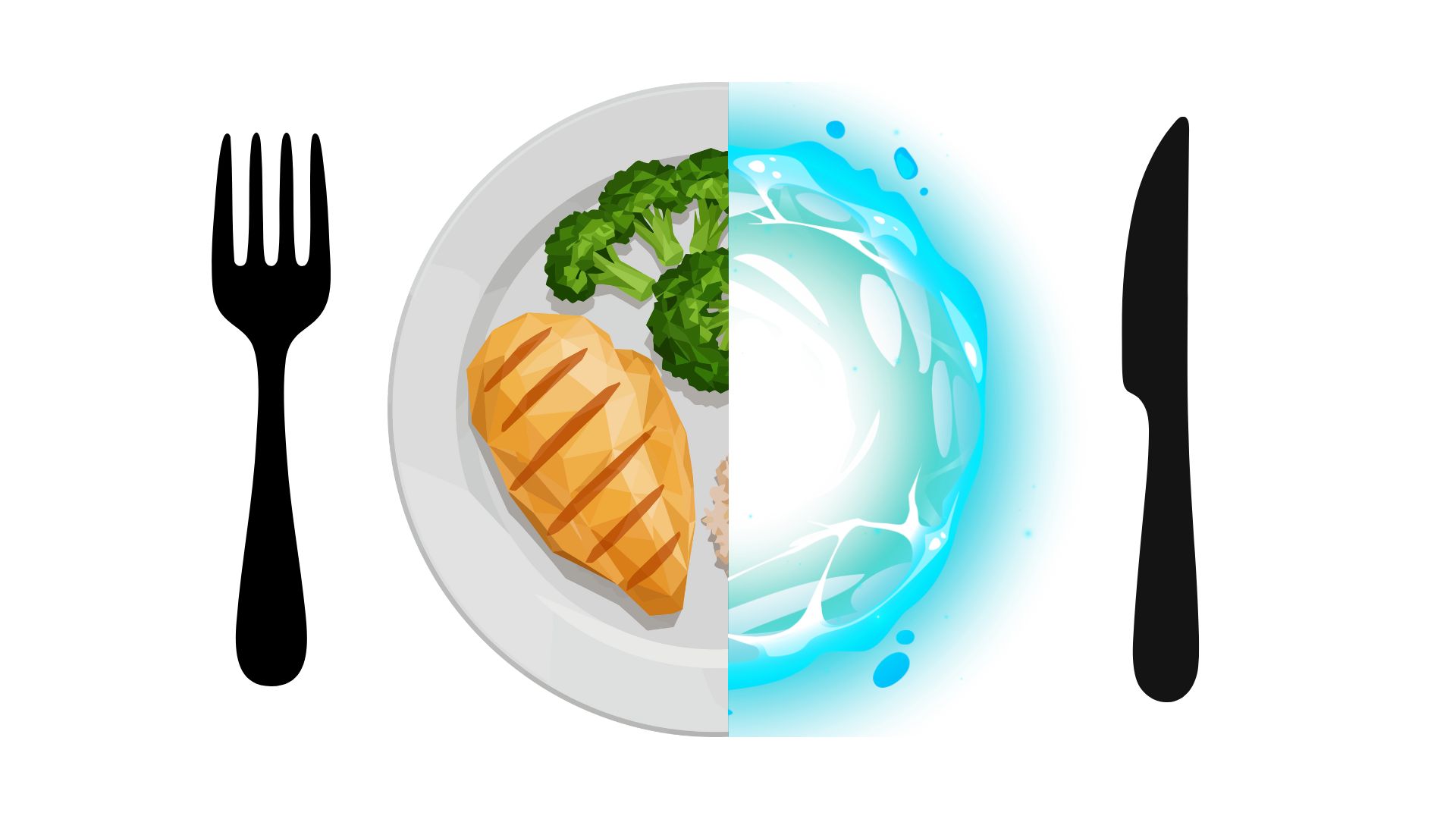Commentary
ECO-Conversation at Newburyport Senior/Community Center on Wednesday, October 2 at 1:00pm

This is one in a continuing series of educational columns about fostering environmental stewardship and leadership coordinated by ACES —the Alliance of Climate and Environmental Stewards.
Time to Talk, Then Act
On a recent Tuesday, about 65 people gathered at The Screening Room in Newburyport to watch the documentary, We’re All Plastic People Now. The film is a dystopian look at the damage too much plastic has wreaked on our bodies from ingesting micro-plastics and the chemicals associated with them.
https://roryfieldingfilms.com/weareplasticpeople/
The showing was sponsored by Storm Surge and the PEG Center for Art and Activism, and was followed by a well-attended discussion at the PEG Center.
Taking their cue from the film, participants were upset and saddened by society’s inability to slow down increasing amounts of plastic chemicals invading our bodies. And they wanted to know what to do about it.
People asked if they should ask Massachusetts legislators to follow California in suing Exxon for consciously deceiving the public for years about the emerging health issues. Should they talk to Market Basket about eliminating all plastic bags? Should they boycott Coca-Cola and Pepsi, two of the largest contributors to the single use plastic problem?
And when they learned that Newburyport's schools offer water in plastic single use bottles and get paid by a water brand for doing so… well, they were disappointed.
There is too much plastic in our lives.
You can see it all around. It’s on the roadsides, our beaches, and in your recycling bins headed toward a down-cycled future. Daily, we read of micro-plastic particles in the air we breathe and the food we eat affecting everything from pulmonary and digestive function to reproductive health. We all know it. We need to find better ways to slow down and reverse some of these problems. We need to take proactive steps to reduce plastic’s harm in our lives.
Here are some ideas that have been put forth by concerned residents:
Avoid buying bottled water, especially in single use plastic containers.
Travel with reusable stainless-steel bottles, and avoid ingesting any more plastic than necessary. Filter your own water with a countertop or under-sink filter meeting high standards of micro-particle removal.
Ask governmental bodies to consider a special disposal cost surcharge on single use packaging. Ban, tax, or set adequate deposit return fees for single use products or packaging when it’s not critical. This can reduce the volume of plastic produced. Municipalities and school boards can choose to restrict purchasing such items for use in their buildings. States can pass or update bottle return regulations to achieve much higher levels of return for reuse or recycling of plastics of all beverage bottles including alcohol. Amazon and FedEx need to come up with better methods and packaging designs that use less plastic.
Avoid plastic packaging- especially of the single-use kind.
Explore the emerging trend of patronizing a refillary. A refillary is a shop that sells products by weight or volume into the customers’ own reusable containers. Examples in Newburyport include Green House Goods on Water Street which carries products like body wash, soaps, hair and beauty products, as well as household cleaning products. The use of a refillery saves the world from those oversized throw away detergent jugs or shampoo bottles which are not economic to recycle.
Buy natural fiber clothing. Maybe it’s time to shift the clothes in our closets to much more natural fiber choices. Since about 35% of all the micro-plastics in the oceans derive from synthetic fiber clothes abraded in the washing cycle, this is important.
Participate in the upcoming Community ECO-Conversation
If you want to help and meet others with the same concerns about waste and its health-related issues, you are invited to a Community ECO Conversation at the Senior/Community Center next Wednesday, October 2 at 1:00 PM.
Call 978-462-0430 to register.
It is an opportunity to explore what each of us can do right here in Newburyport to start making the changes we need.
.svg)






.jpg)

.jpg)